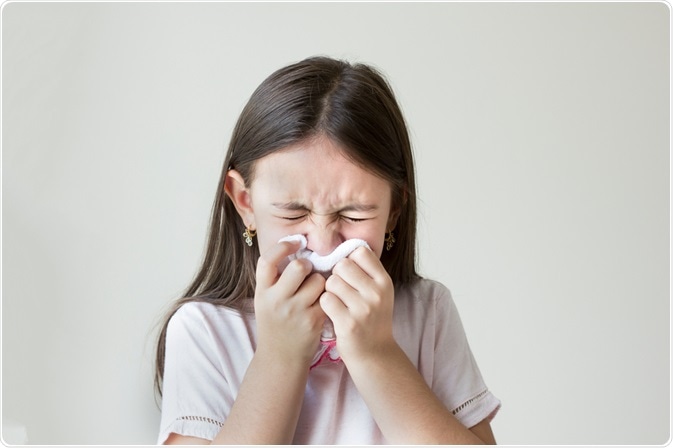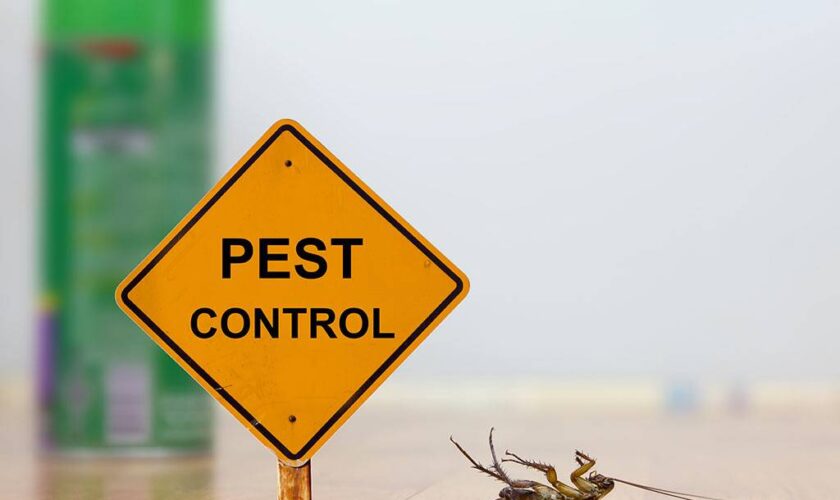Allergies are one of the most common medical conditions in the United States. According to the Asthma and Allergy Foundation of America, over 50 million Americans suffer from allergies each year. Most allergies come about due to specific substances that the human body perceives as dangerous. These substances are called allergens and can include pollen, plants, insect stings, animal dander, molds, food items, synthetic materials, or dust. The symptoms of allergies range from mild to severe but generally begin with hives on the skin. If you think you have an allergy, you should visit Dr. Hiral Thakrar in Gilbert for treatments that can help relieve the symptoms. Below are some more signs of allergies.
-
Runny, Stuffy Nose
One of the most common symptoms experienced by individuals suffering from allergies is a runny or stuffy nose. This symptom occurs when the body tries to expel allergens entering through the nose, eyes, mouth, or ears. Sneezing tends to be another common symptom in these cases, especially if an individual has hay fever.
-
Rashes, Itchy Skin
A rash or itchy skin occurs when the body tries to expel allergens touching the skin. These rashes or itching tend to be extremely itchy, affecting large parts of the skin. Animal dander and pollen will usually cause itching or rashes in individuals who are allergic to these substances. Other symptoms include red or dry skin.
-
Difficulty Breathing
Allergens such as dust and pollen can trigger the body to fight harder for breath, which results in difficulty breathing. Individuals suffering from allergies will usually find it extremely hard to breathe if they are allergic to these substances. Individuals who have allergic asthma experience difficulty breathing in addition to wheezing, chest tightness, and coughing.
-
Tingling in The Mouth or Throat
If an individual is allergic to a food item, they may experience tingling in their mouth or throat. This tingling occurs when the body tries to expel the allergens. The symptoms usually go away once the person vomits or removes the food from their system. It is primarily a symptom of food allergies.
-
Wheezing
Individuals who are allergic to animal dander, mold spores, and pollen often exhibit wheezing when they breathe in. Chest tightness and coughing may also occur in these cases. Sometimes individuals will experience difficulty breathing, which is the body’s reaction to not having enough air due to constricted passages. Hives can also occur with wheezing, as well as itchy skin.
-
Anaphylaxis
Anaphylaxis is the most severe allergic reaction an individual can experience. When the body tries to expel allergens but cannot, it becomes anaphylaxis. The throat, tongue, and eyelids may swell up, causing difficulty breathing or swallowing. An individual suffering from anaphylaxis will also have hives on their skin, plus dizziness or fainting. If left untreated, anaphylaxis can result in death. If you experience these symptoms, you should immediately go to the emergency room.
In summary, allergies are a common condition affecting millions of Americans. Some of the most common symptoms include a runny, stuffy nose, wheezing, tingling in the mouth or throat, difficulty breathing, and rashes or itchy skin. In severe cases, you may experience anaphylaxis which can cause the throat, tongue, and eyelids may swell up, causing difficulty breathing or swallowing. Make sure you seek emergency treatment if you have anaphylaxis.


